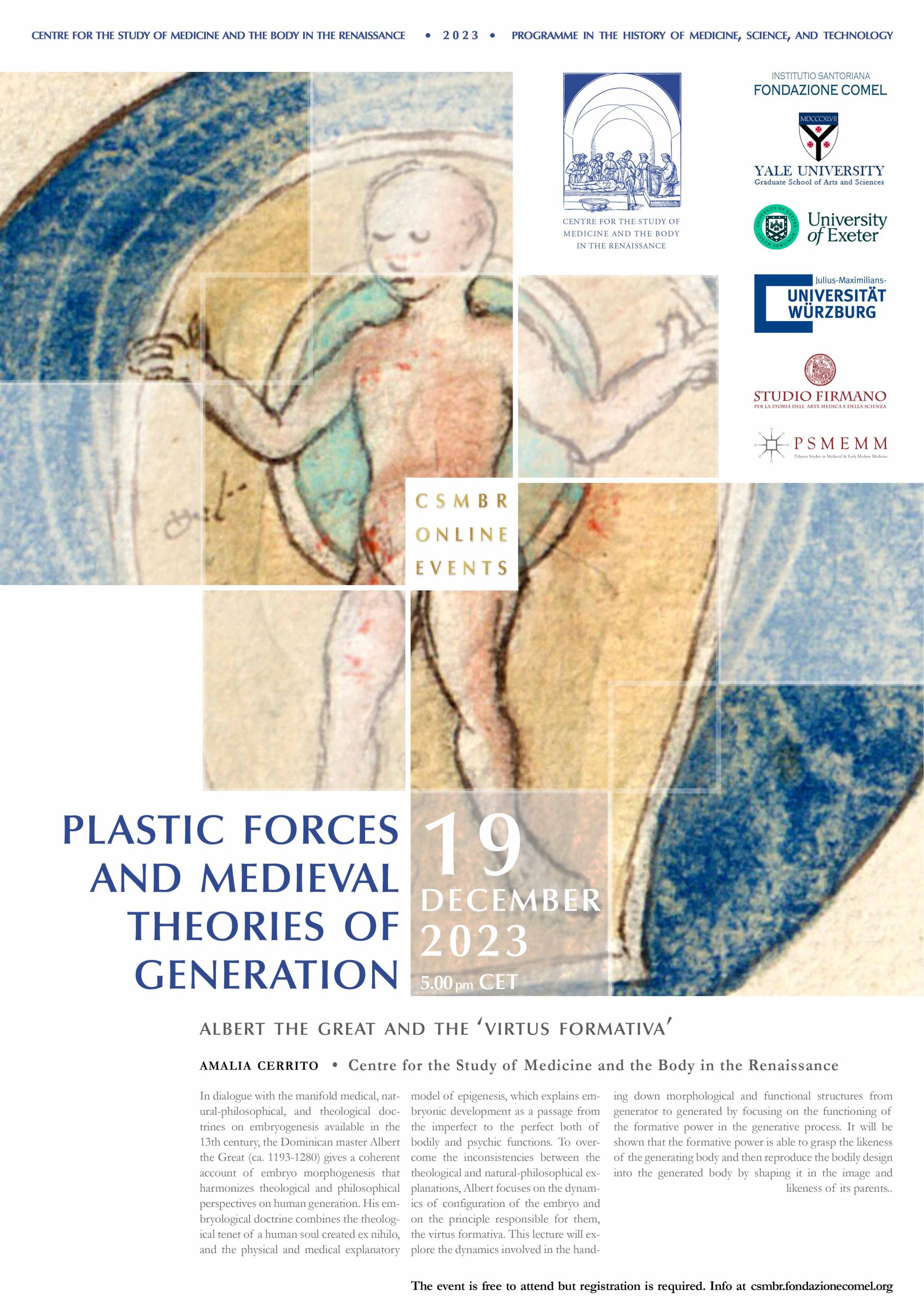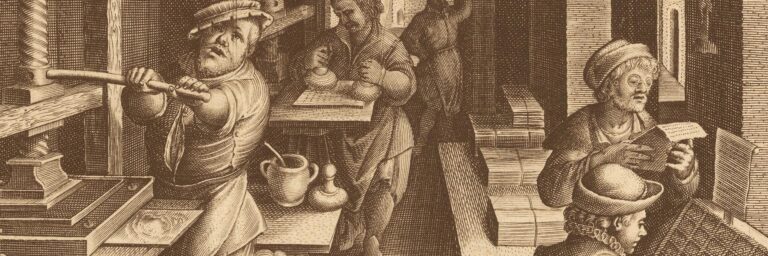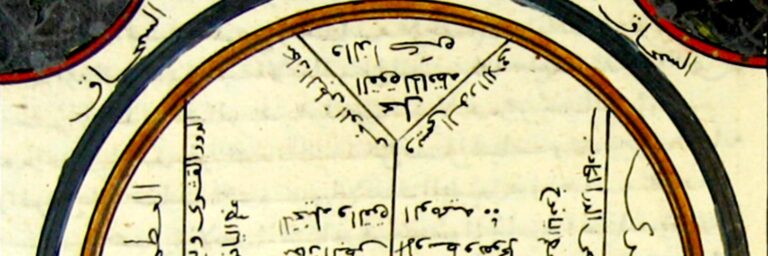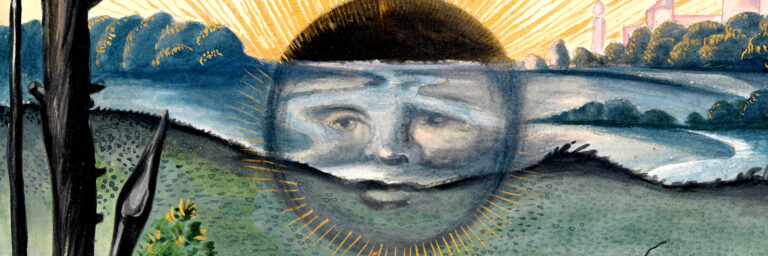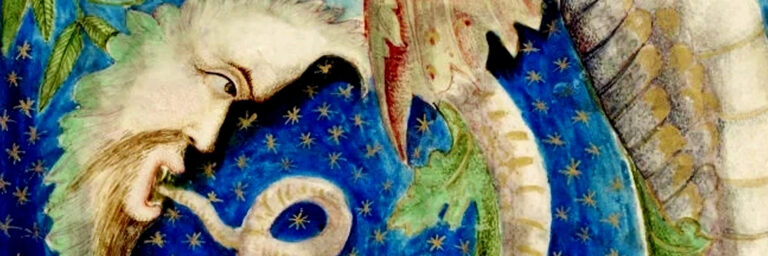Plastic Forces and Medieval Theories of Generation
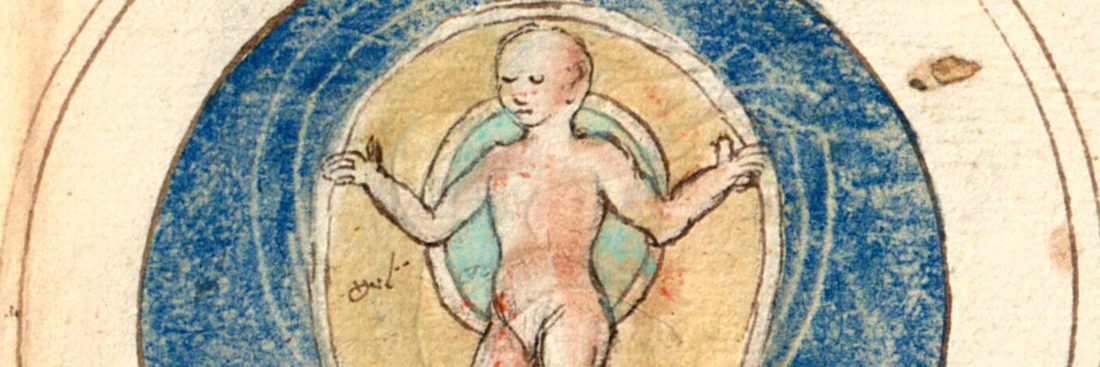
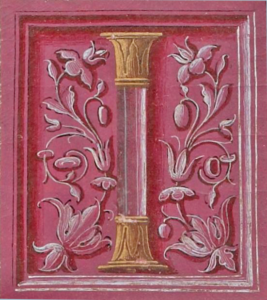
Plastic Forces and
Medieval Theories
of Generation
Albert the Great and
the "Virtus Formativa"
Amalia Cerrito
19 December 2023 – 5 PM (CET)
In dialogue with the manifold medical, natural-philosophical, and theological doctrines on embryogenesis available in the 13th century, the Dominican master Albert the Great gives a coherent account of embryo morphogenesis that harmonizes theological and philosophical perspectives on human generation.
He has a strong interest in the demands of heavy labour on the body, in the effects of poor diet, in the need of a balanced diet, in the diet as eaten by ordinary people, and in locally produced food, region by region. Above all, he has a coherent and powerful theory of nutrition, derived from observation of patients and extensive research into nutritional texts over the previous six centuries.
His embryological doctrine combines the theological tenet of a human soul created ex nihilo, and the physical and medical explanatory model of epigenesis, which explains embryonic development as a passage from the imperfect to the perfect both of bodily and psychic functions.
To overcome the inconsistencies between the theological and natural-philosophical explanations, Albert focuses on the dynamics of the configuration of the embryo and on the principle responsible for them, the virtus formativa.
This lecture will explore the dynamics involved in the handing down of morphological and functional structures from generator to generated by focusing on the functioning of the formative power in the generative process.
It will be shown that the formative power is able to grasp the likeness of the generating body and then reproduce the bodily design into the generated body by shaping it in the image and likeness of its parents.
About the Speaker ...
Amalia Cerrito is an Associate Fellow at the Centre for the Study of Medicine and the Body in the Renaissance (CSMBR) in Pisa.
Having studied the history of medieval philosophy at the Universities of Pisa and Florence, she has published journal articles on the interaction between natural philosophy and the biblical exegesis of Albert the Great. Amalia’s recent publications are devoted to the theoretical background of Albert the Great’s natural philosophy and Neoplatonism’s influence on his theories of zoology, botany, and embryology.
In 2022 she received the Santorio Award for Excellence in Research for her thesis on Albert the Great and the virtus formativa which is the first work focusing specifically on this aspect of the Dominican philosopher output and that has recently been published with the series Palgrave Studies in Medieval and Early Modern Medicine (PSMEMM).



